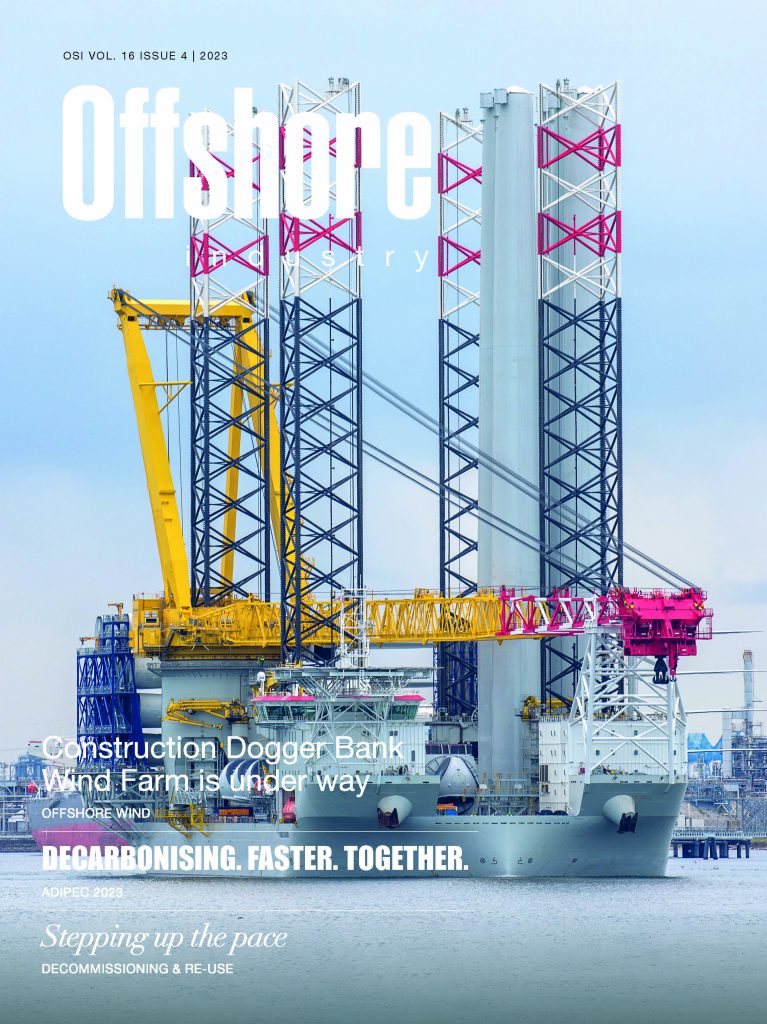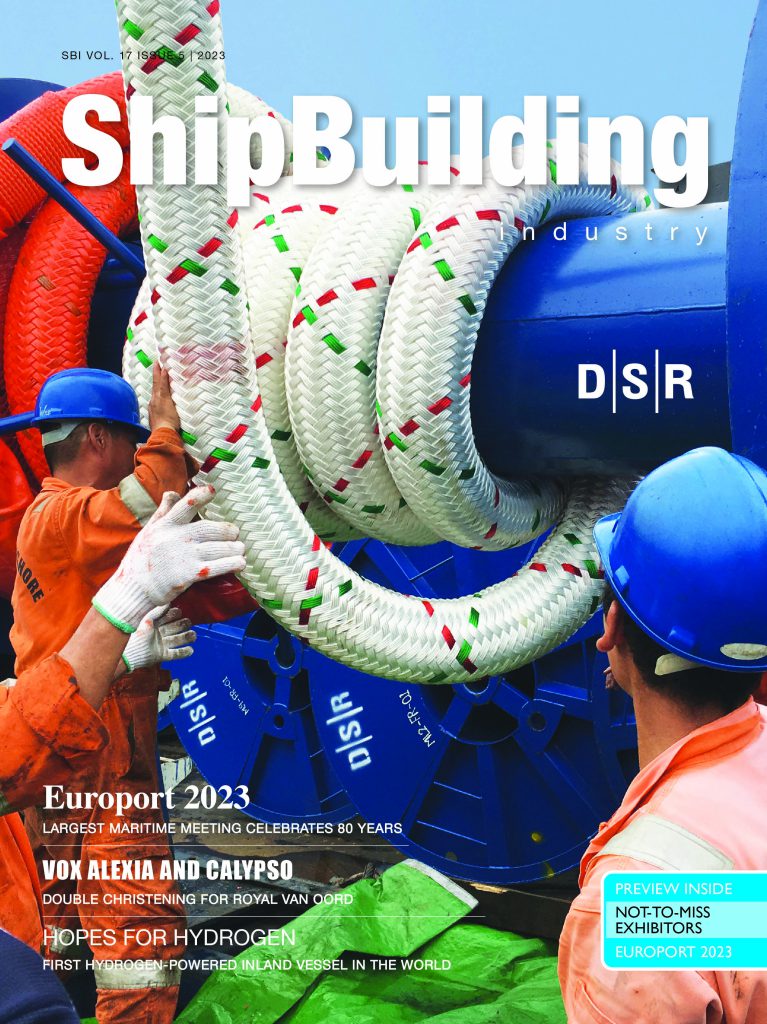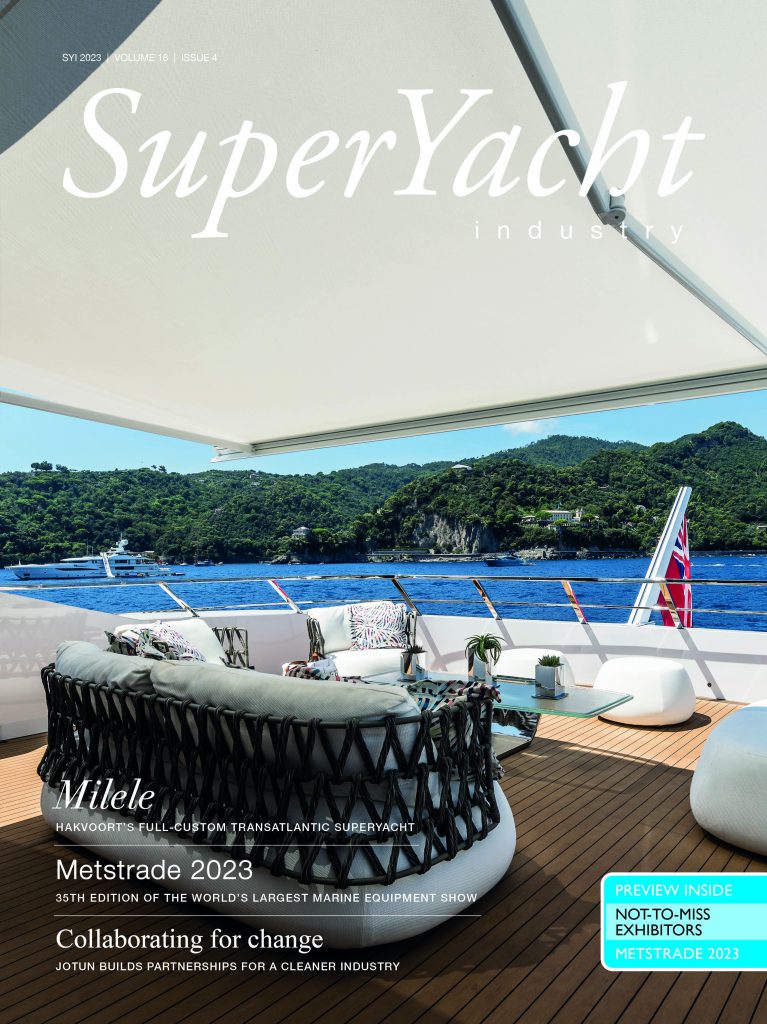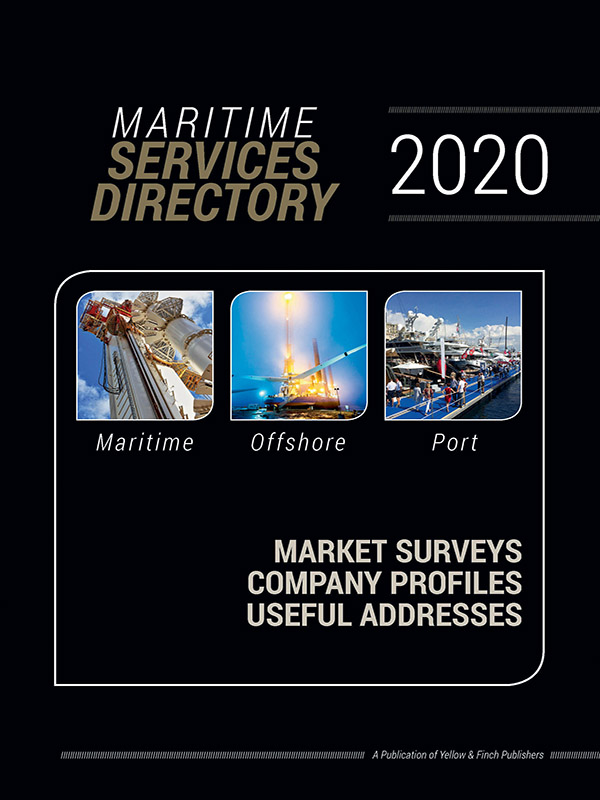Breaking The 100 million GT Barrier
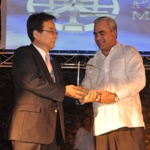 ClassNK announced today that at the end of 2010, the combined tonnage of Panamanian flagged vessels on the class society’s register had broken the 100 million gross ton barrier. This marks the first time in history that a single flag state has had more than 100 million gross tons on any class society’s register. The announcement came during a special ceremony held at Panama Maritime X on 14 February in Panama.
ClassNK announced today that at the end of 2010, the combined tonnage of Panamanian flagged vessels on the class society’s register had broken the 100 million gross ton barrier. This marks the first time in history that a single flag state has had more than 100 million gross tons on any class society’s register. The announcement came during a special ceremony held at Panama Maritime X on 14 February in Panama.
As part of the ceremony, ClassNK managing director Takuya Yoneya (left) gave a brief speech highlighting the long partnership between ClassNK and the Panama Maritime Authority (PMA), and presented a commemorative plaque to Mr. Roberto Linares, minister of Maritime Affairs and Administrator of the PMA, as well as a commemorative gift to Alfonso Castillero, Director of the PMA’s Directorate General of Merchant Marine. “This is a truly momentous achievement, and one that I believe represents the great strength and partnership of Panama and ClassNK”, said Dr. Yoneya.
Tremendous Growth
The very first Panamanian flagged vessel to be classed with ClassNK was the Amano, which joined the society’s register in 1937. Since then, both organisations have enjoyed tremendous growth, with the PMA growing to become the world’s largest flag register and ClassNK now the world’s largest class society on a tonnage basis. Dr. Yoneya noted, however, that the growth of both organizations has come with a commensurate growth in responsibilities. “In recent years especially,” he said, “both flag states and classification societies have been expected to play more important roles with even greater responsibilities. Even now we are being called upon to play a greater role in the prevention of environmental pollution, and new conventions for ballast water management and emission reduction will pose many challenges for our industry. Nevertheless, I believe our two organizations will be able to work together to confront these challenges head on, and secure a better future of the entire maritime community.”



